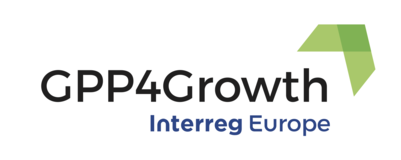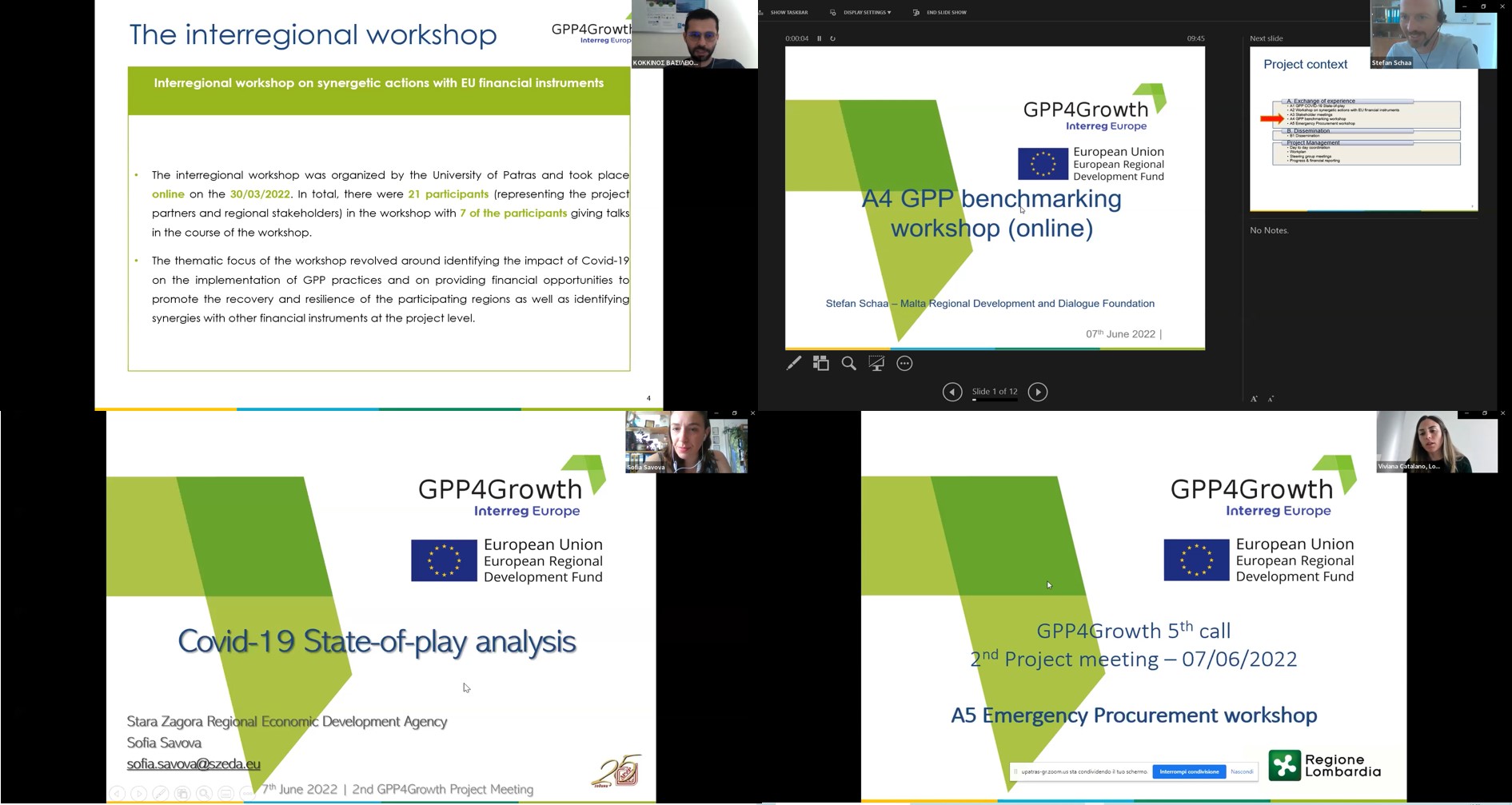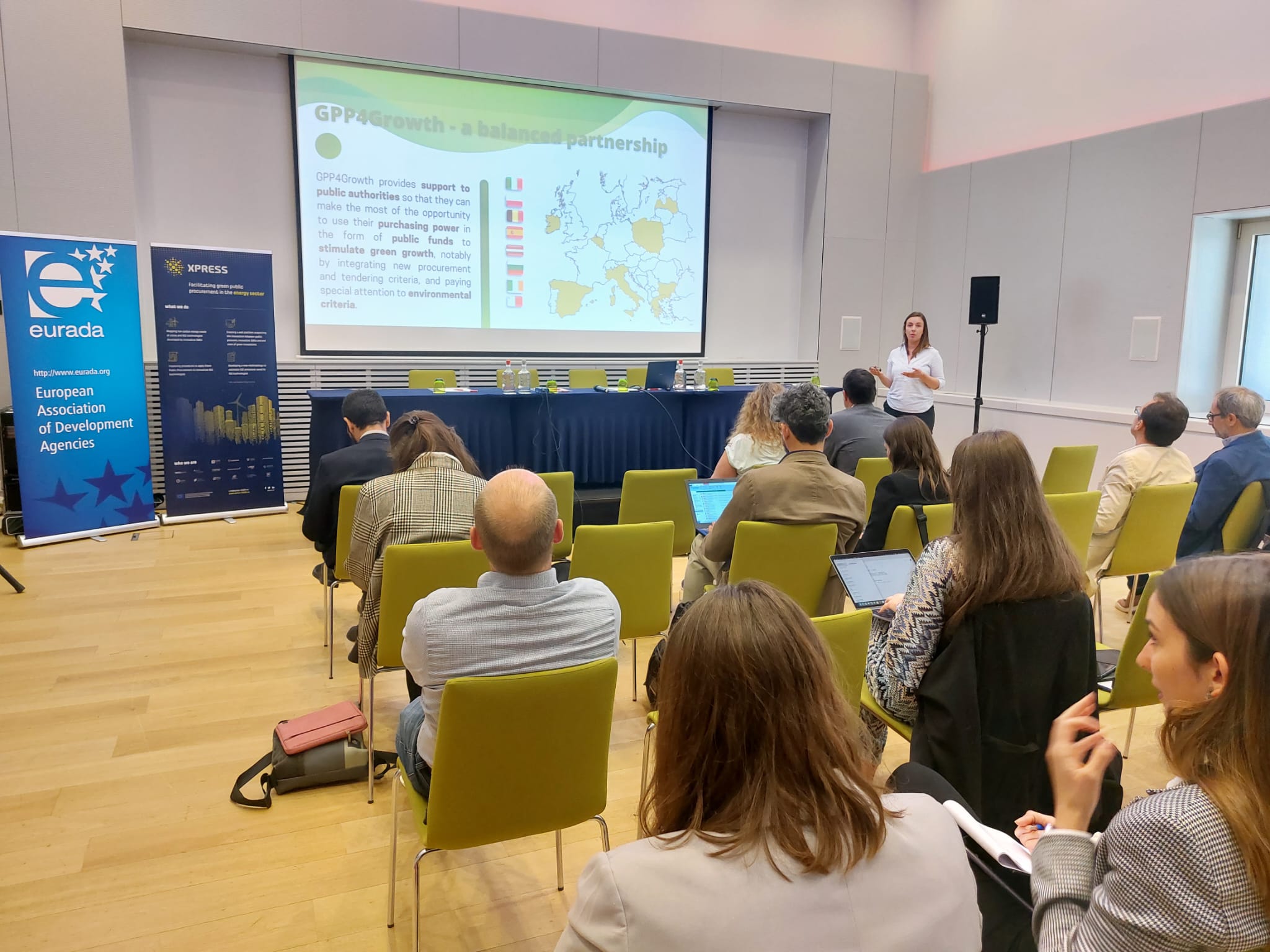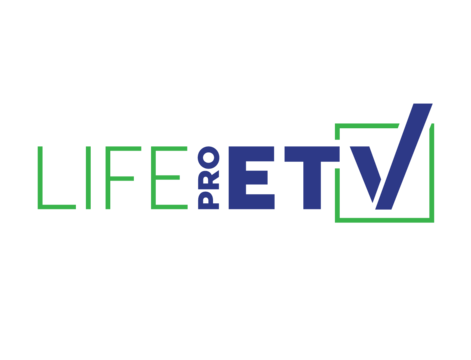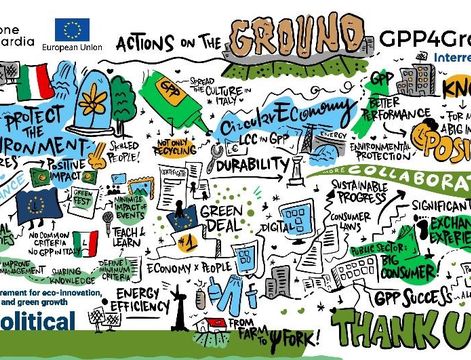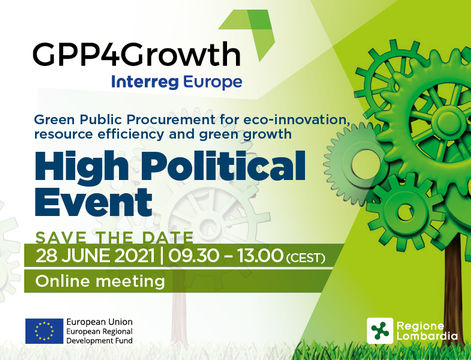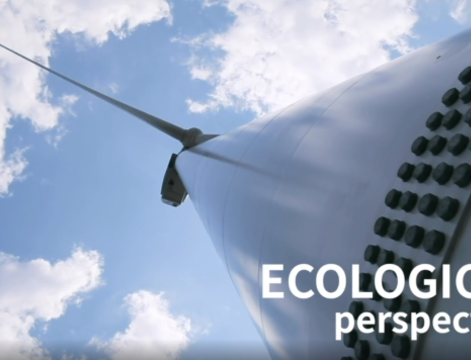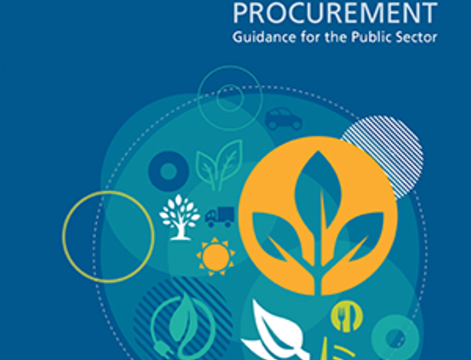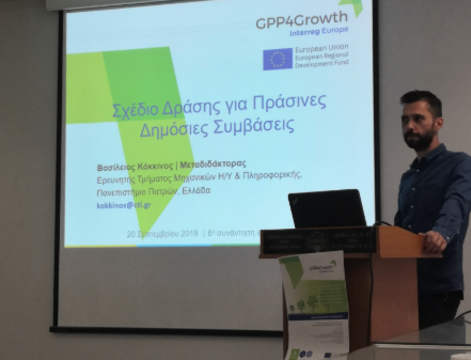The Key stakeholder meeting #1 had an introductory role. Its main purpose was to bring together
national and regional level public organizations (project’s stakeholders) that can play a key role
in developing synergetic actions that can develop into initiatives for the reform of public
procurement processes and to set the ground for collaboration during and after the project.
Hence, the aim of the key stakeholder meeting #1 was to initialise the development of social
learning, and in the case of Interreg Europe projects, stakeholder learning. Furthermore,
partners had a chance to exchange views with the stakeholder groups on the issues tackled by
the project during the 1st semester, thus aiming to secure theirs and their contacts' involvement
in all activities planned.
The main invited guests for the key stakeholder meeting #1 were regional public procurement
specialists. The meeting was attended by 19 persons and the key stakeholders represented at
the meeting were:
1. Ministry of Environmental Protection and Regional Development of the Republic of
Latvia;
2. Zemgale’s 22 local municipalities;
3. Latvia University of Agriculture;
4. Zemgale regional Energy Agency
Agenda of the Key stakeholders meeting #1:
1. Presentation - Introduction of the Iterreg Europe programme and GPP4Growth project;
2. Presentation on the basics of the green public procurement;
3. Presentation on the legal regulation of the green public procurement in Latvia;
4. Discussion on the best practice examples in the region and main challenges in
implementing green public procurement;
5. Summary and evaluation.
1. Summary of key stakeholders
meeting
A key stakeholder meeting #1 was held according to the agenda and was attended by project’s
stakeholders and representatives from the most important institutions of the region.
- Arturs Pencura (GPP4Growth project manager in Latvia) informed about the Interreg
Europe programme and objectives of the GPP4Growth project, planned activities, and
progress. There was a short discussion on completed activities, gained experience and
results.
- “Smartgreen”, Ltd representative Jānis Brizga gave an introduction into green public
procurement, its definition, and application, broader understanding of consumption
related environmental impacts as well as an overview of existing tools for GPP support:
life cycle cost assessment calculators and results of other projects. Participants had a
short discussion on the environmental impacts of different product groups and ways of
verifying environmental criteria. It was also discussed that GPP can stimulate green
innovation, the growth of the sustainable production and greener products as well as
improve transparency and sustainability of the supply chains.
- A representative of Ministry of Environmental Protection and Regional Development
Māris Klismets informed the audience about the results of the national GPP
implementation plan and GPP regulation. After this presentation participants asked
several questions on implementation of the new regulation. Some of the questions were
answered by Uģis Zanders, the senior expert of Ministry of Environmental Protection
and Regional Development. Representatives from the Ministry also introduced GPP
Guidelines and showed which GPP product criteria could be found under which
Guidelines.

General conclusions:
- Legal norms: new public procurement law and new regulation (especially mandatory
fields) and guidelines on GPP as well as existing regulation of GPP in the transport sector
and catering help to implement GPP on the local level;
- Support tools, e.g. lifecycle cost calculators will also make GPP more easily
implementable;
- All the biggest municipalities had to implement energy management schemes which also
obliged them to procure for energy efficient products;
- GPP helps to choose the best product or service but now always the cheapest.

